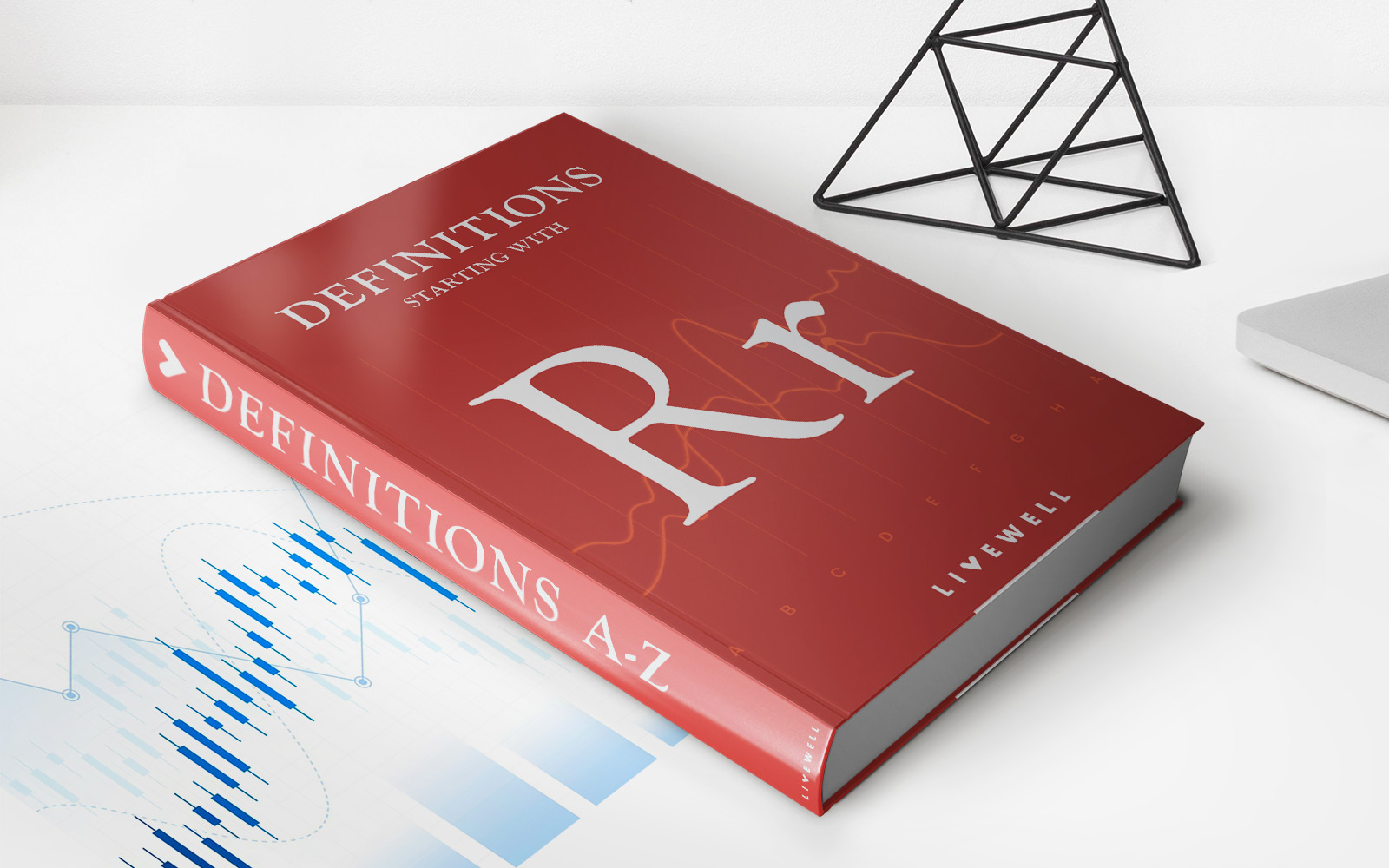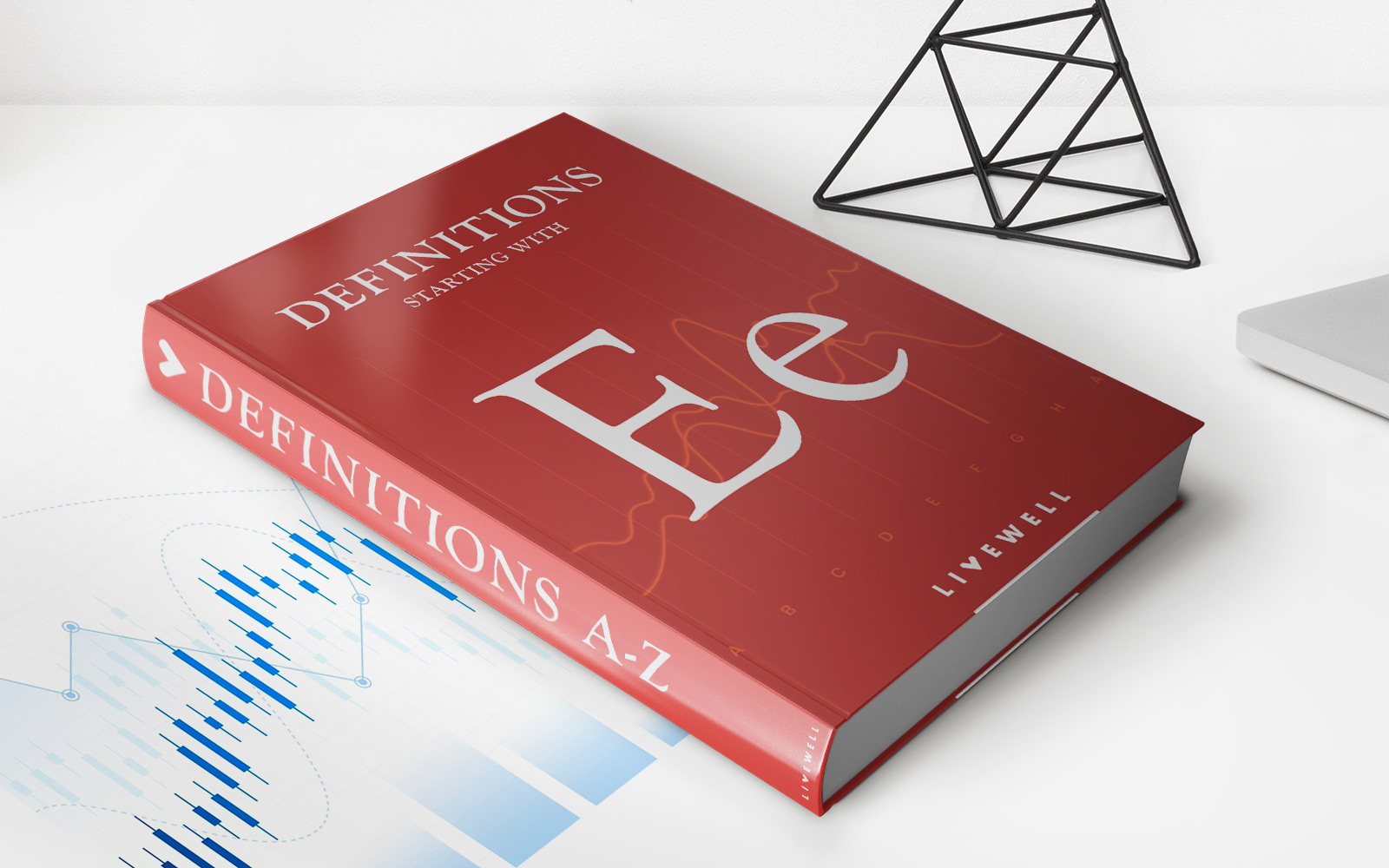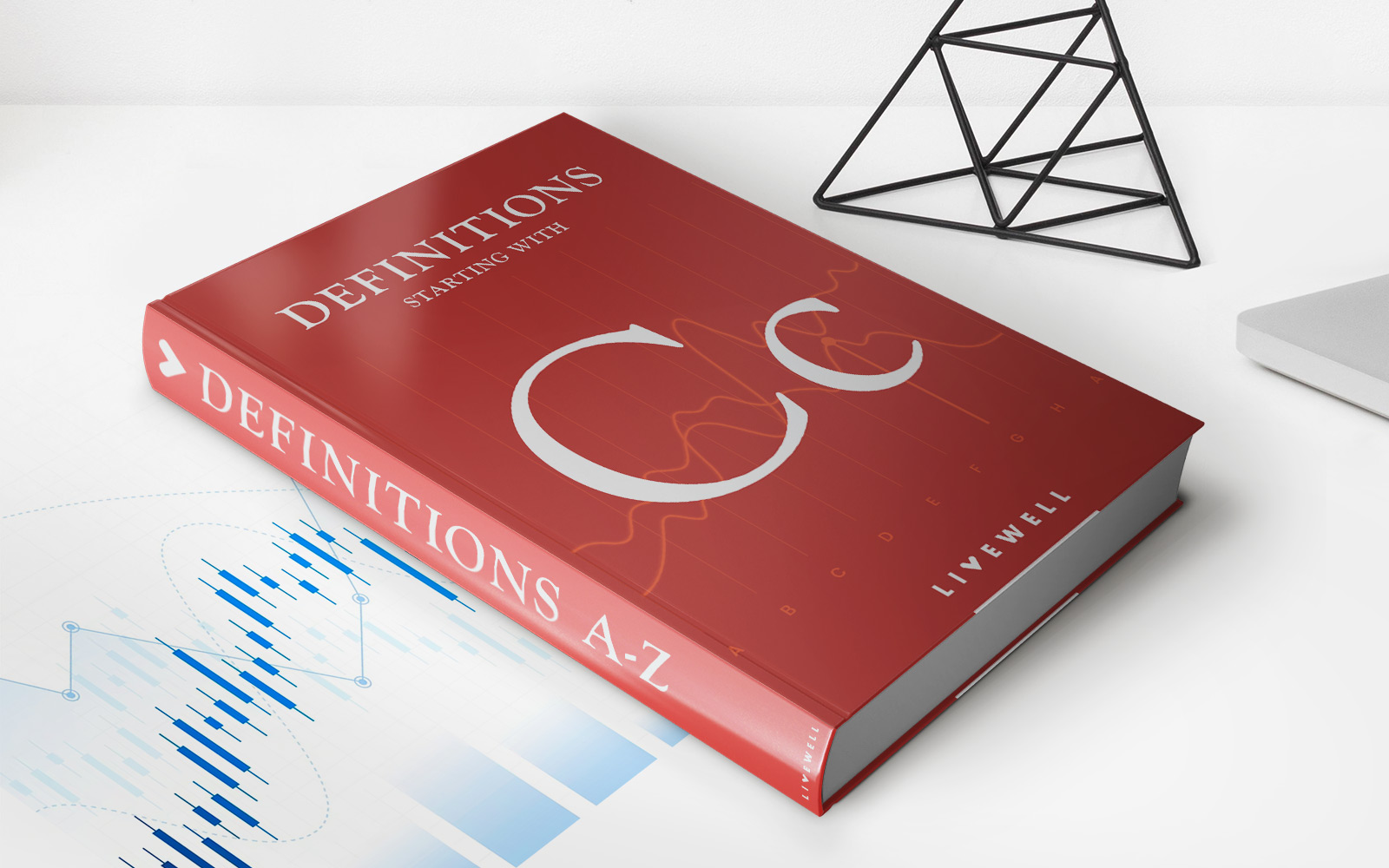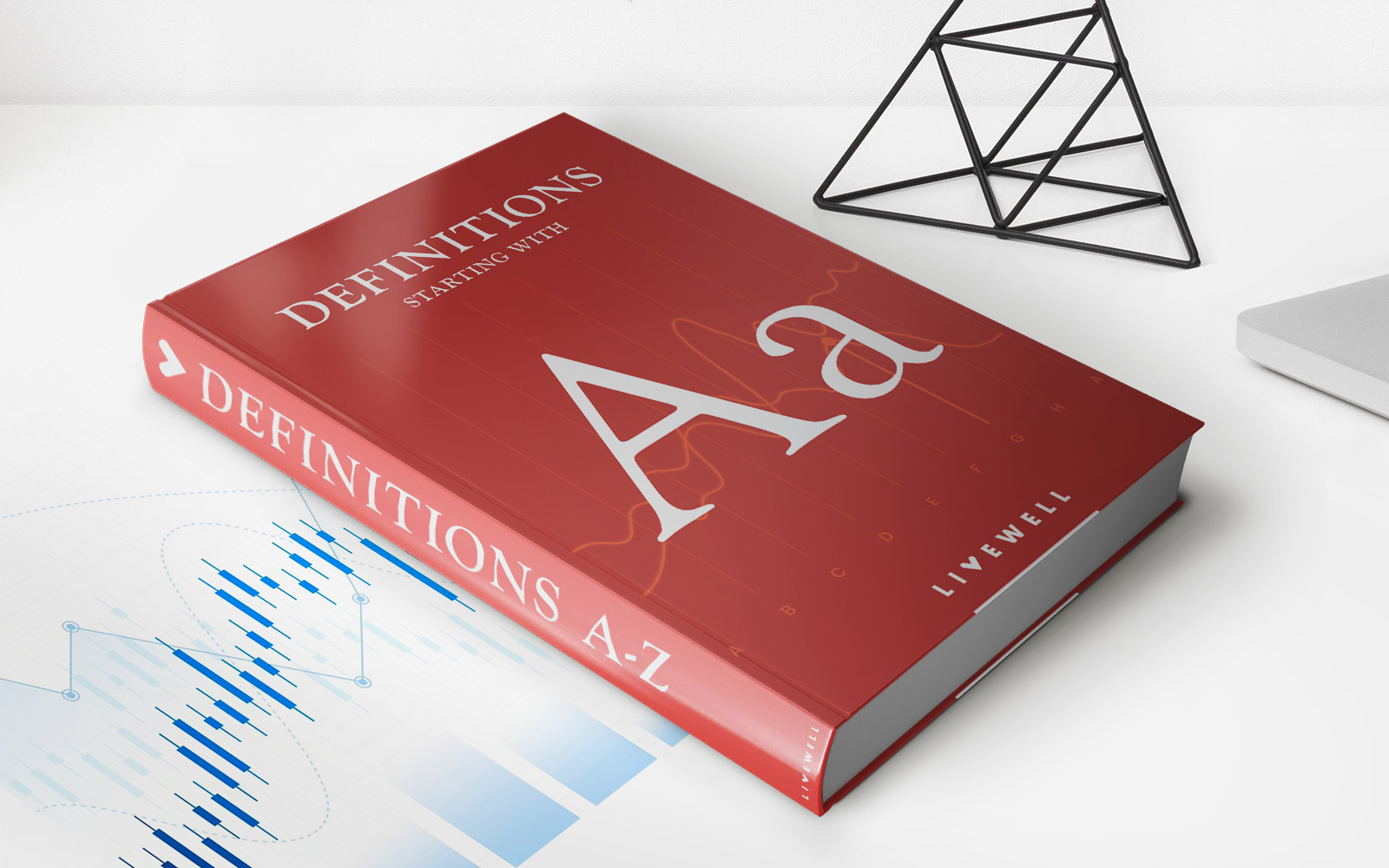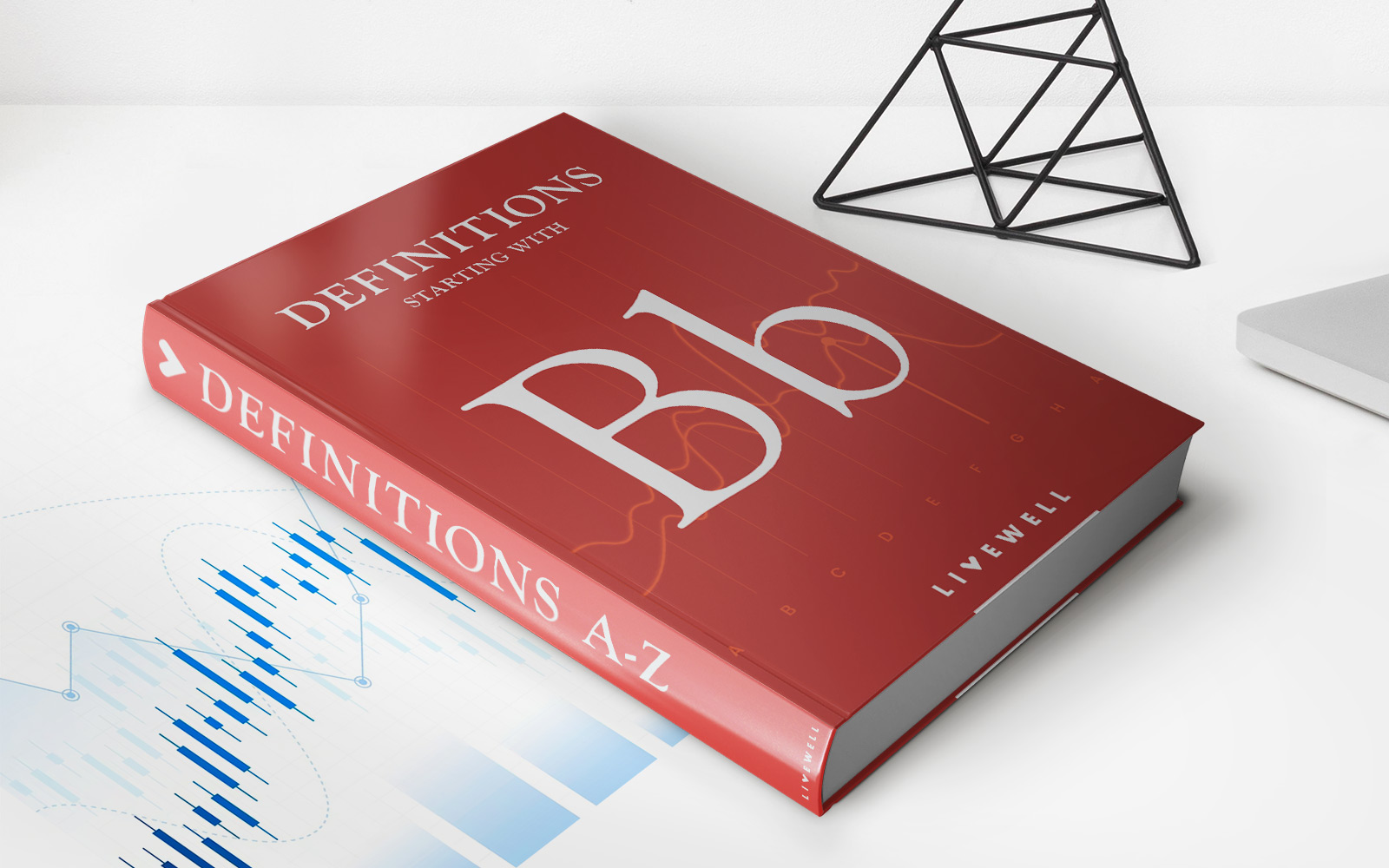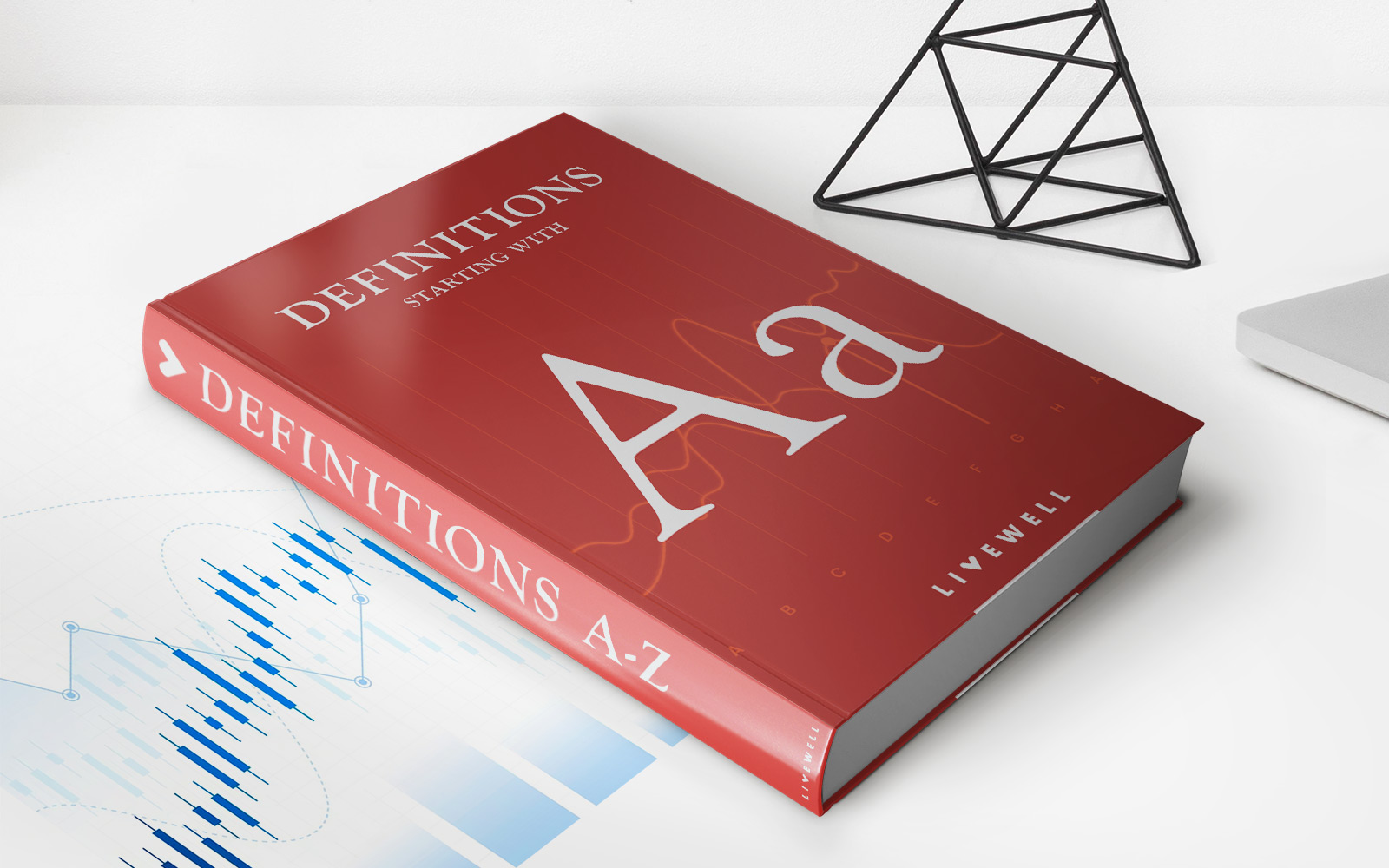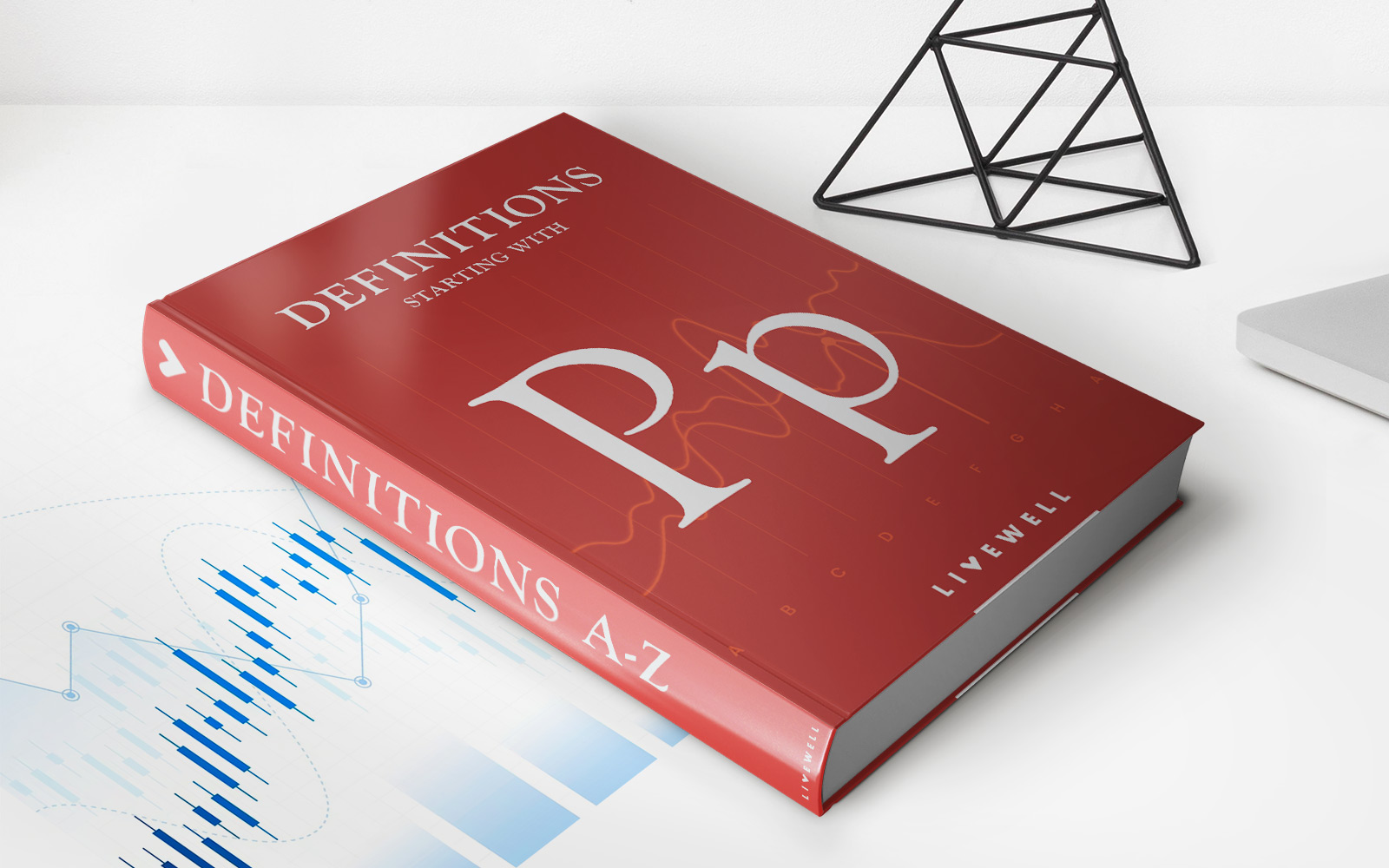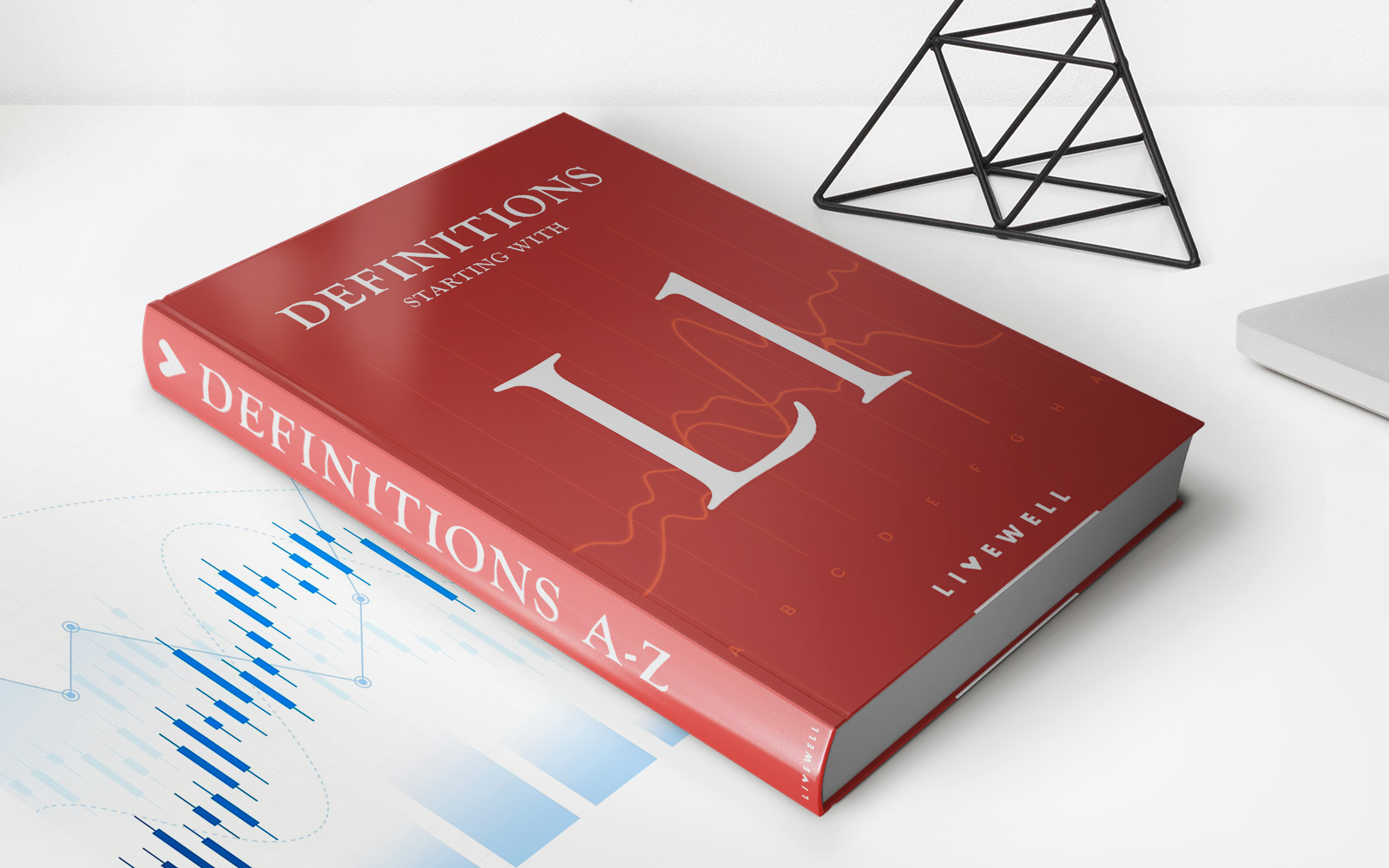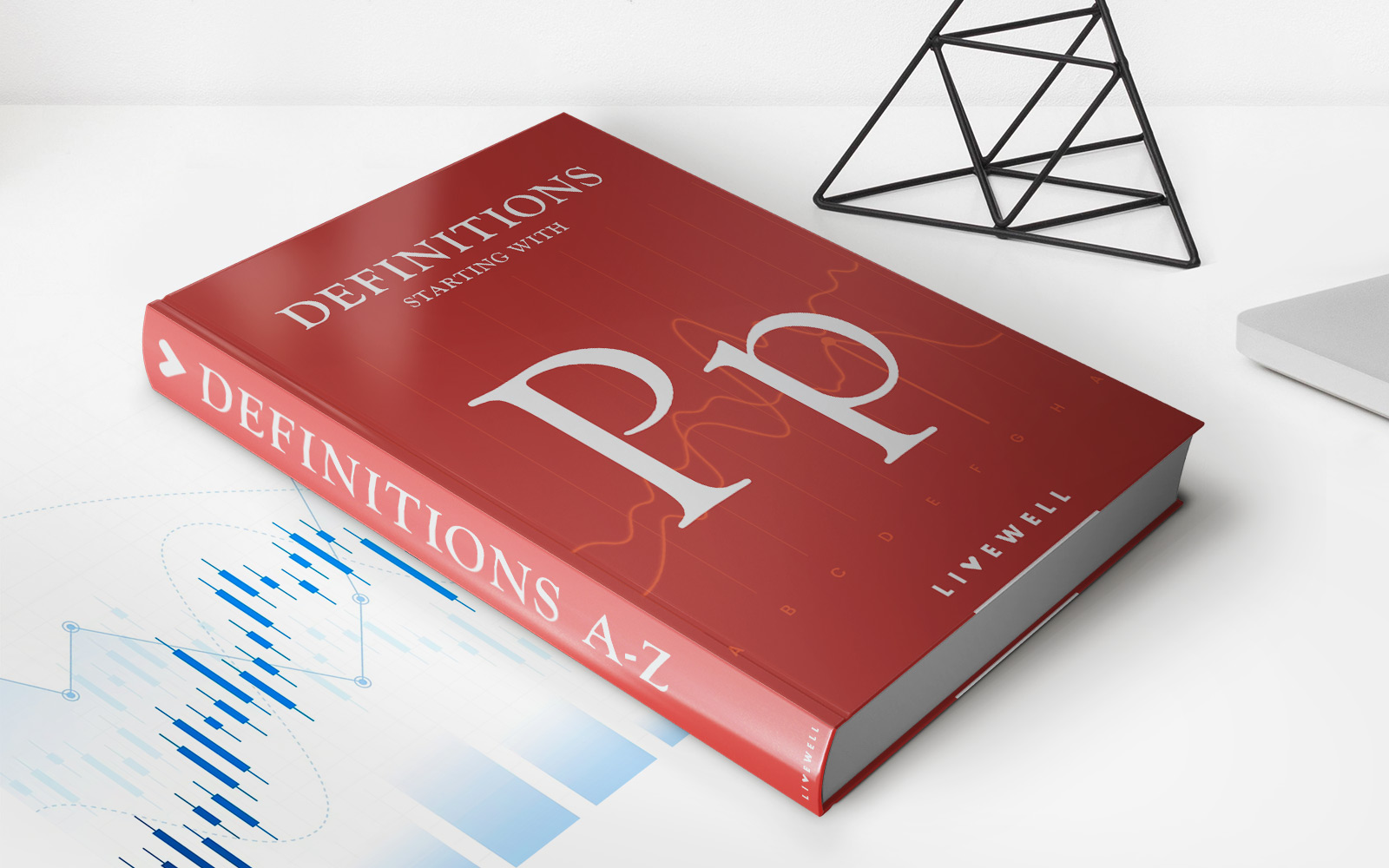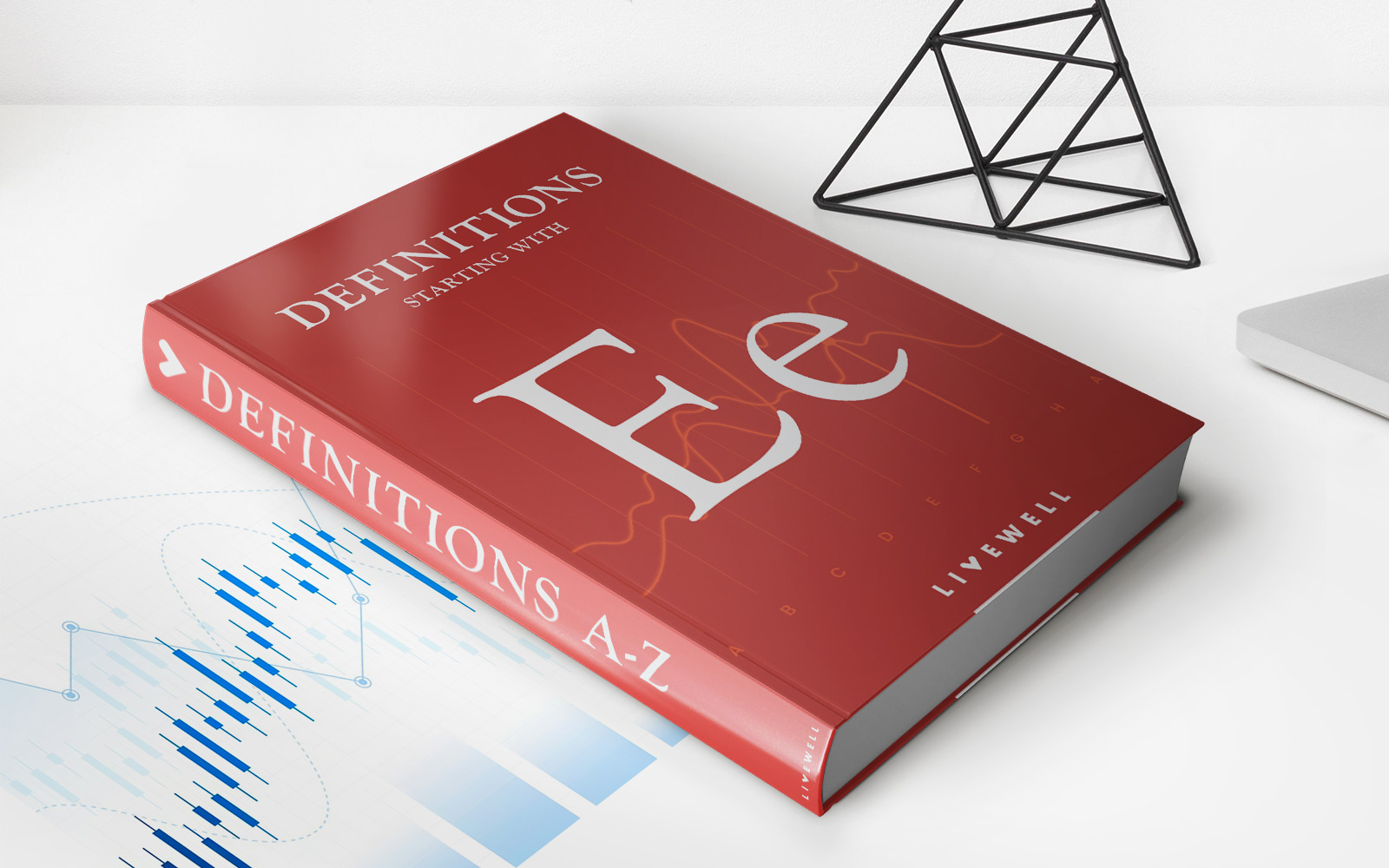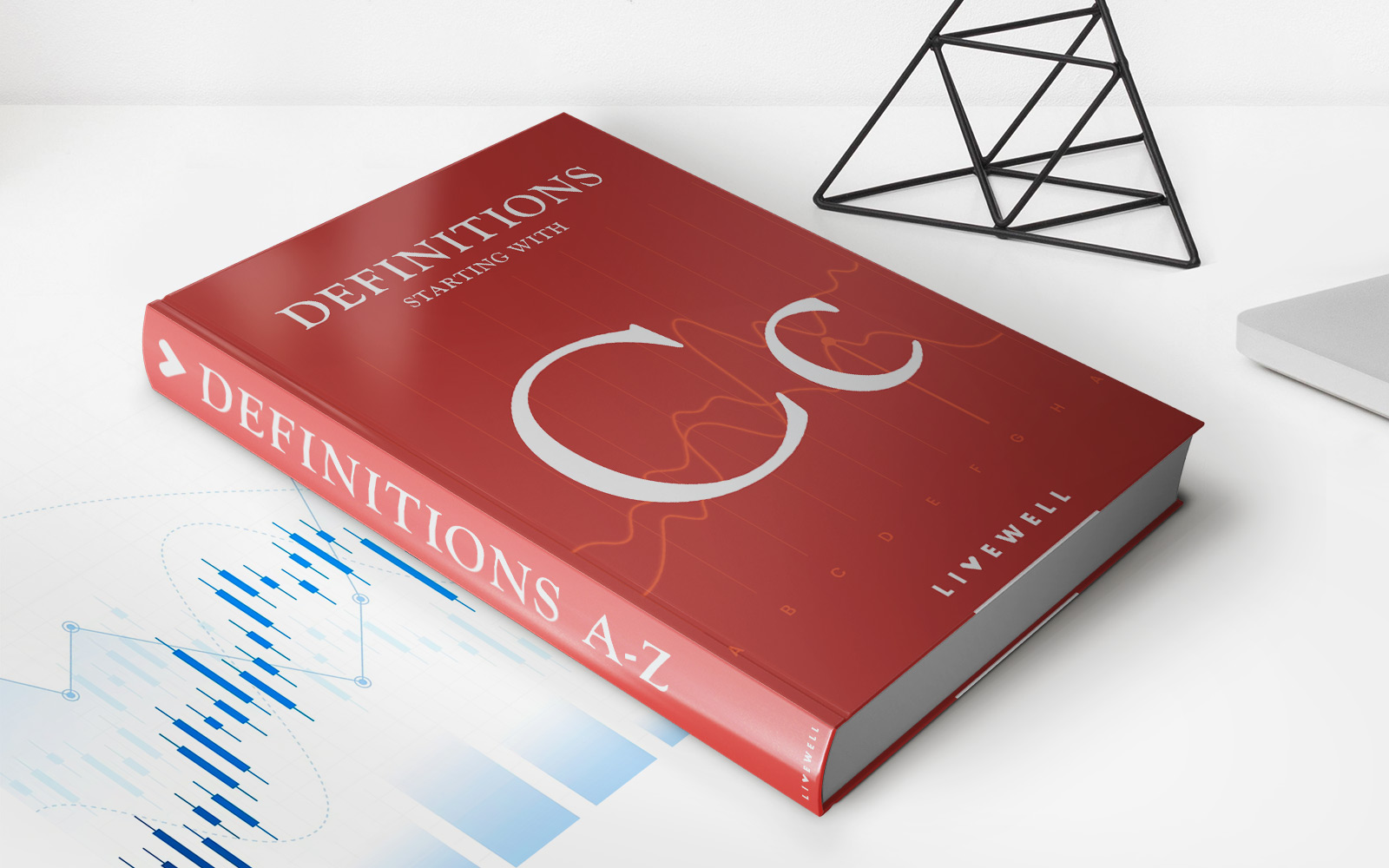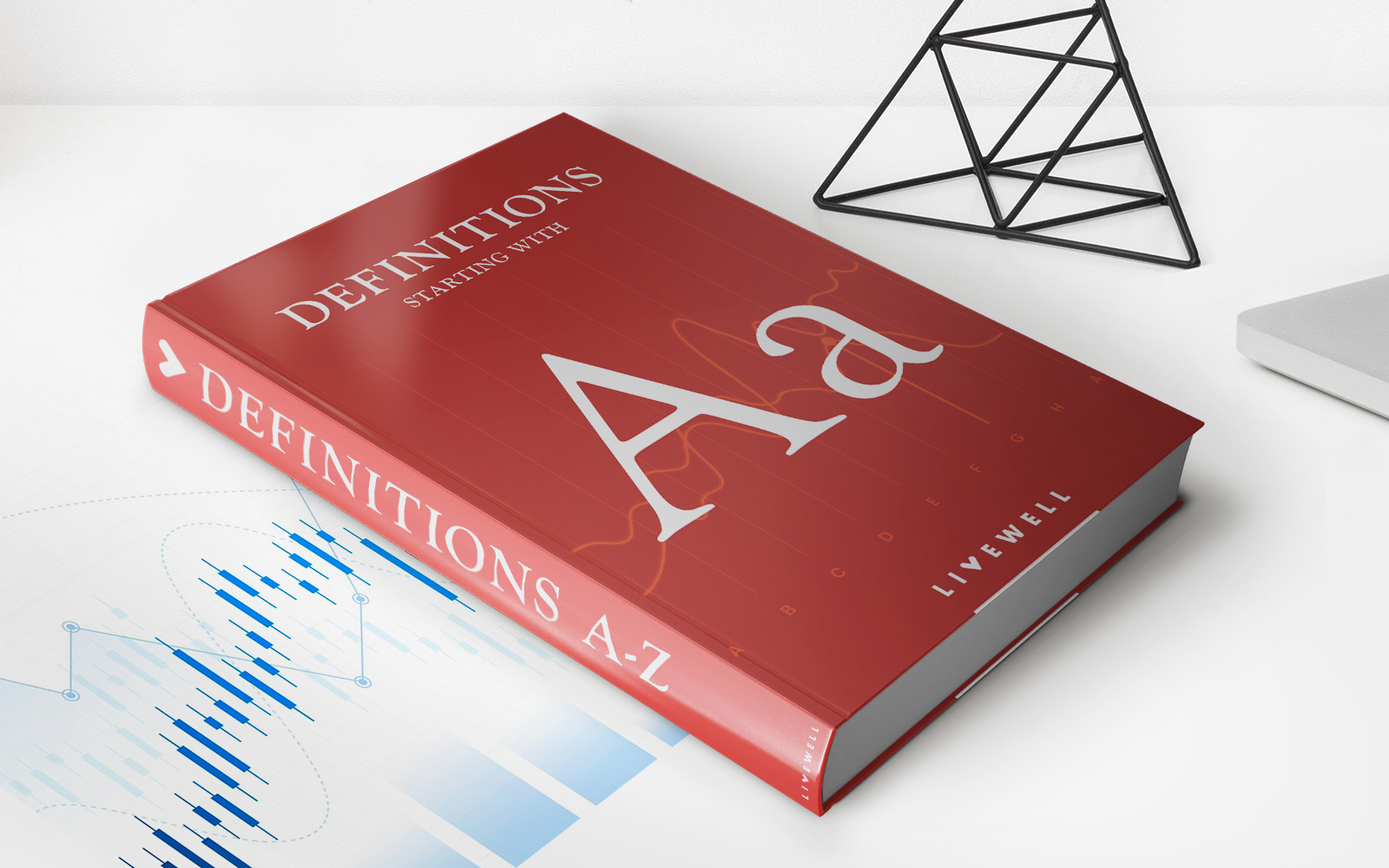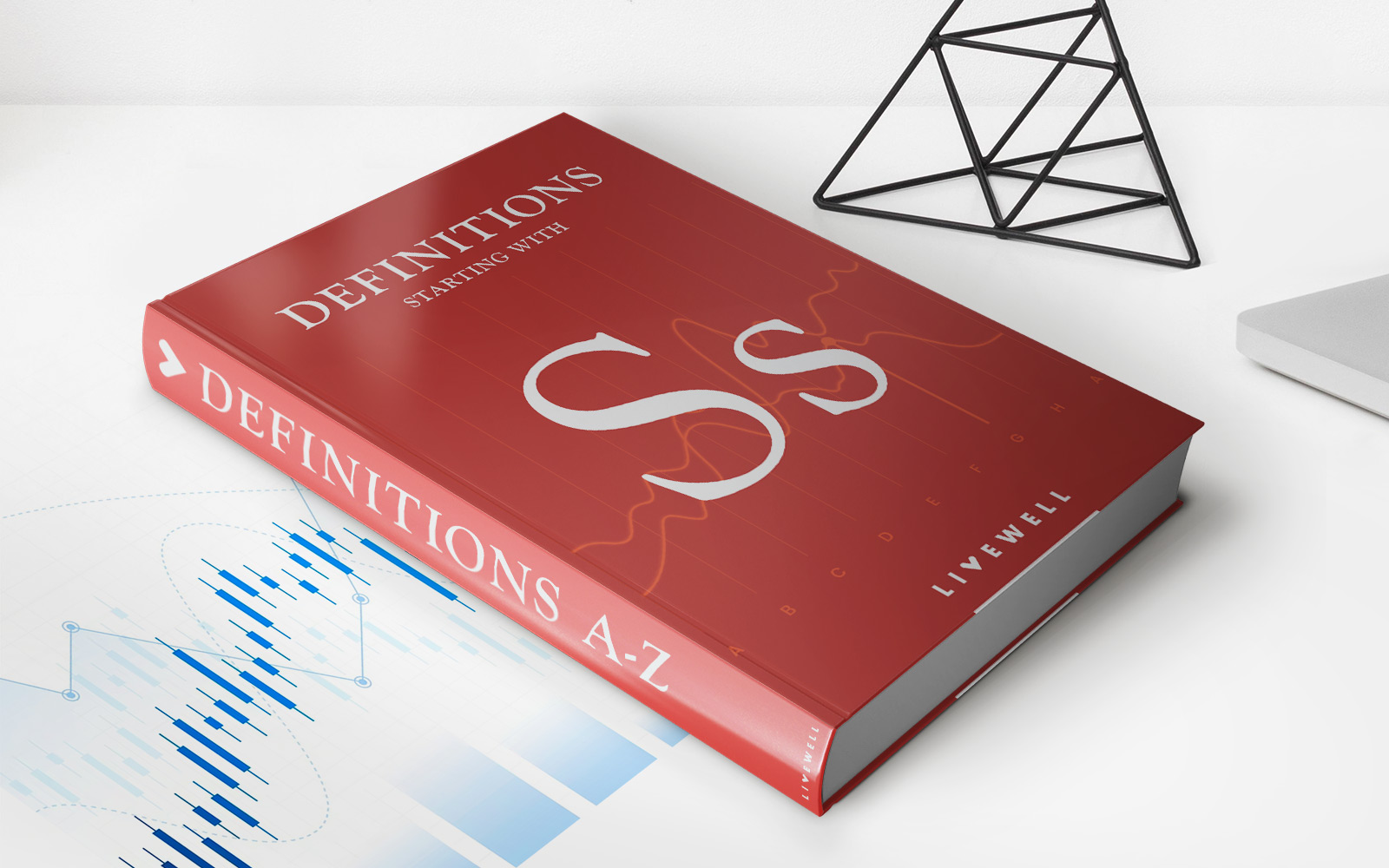Home>Finance>What Is Tenor? Definition, How It Works, And Example
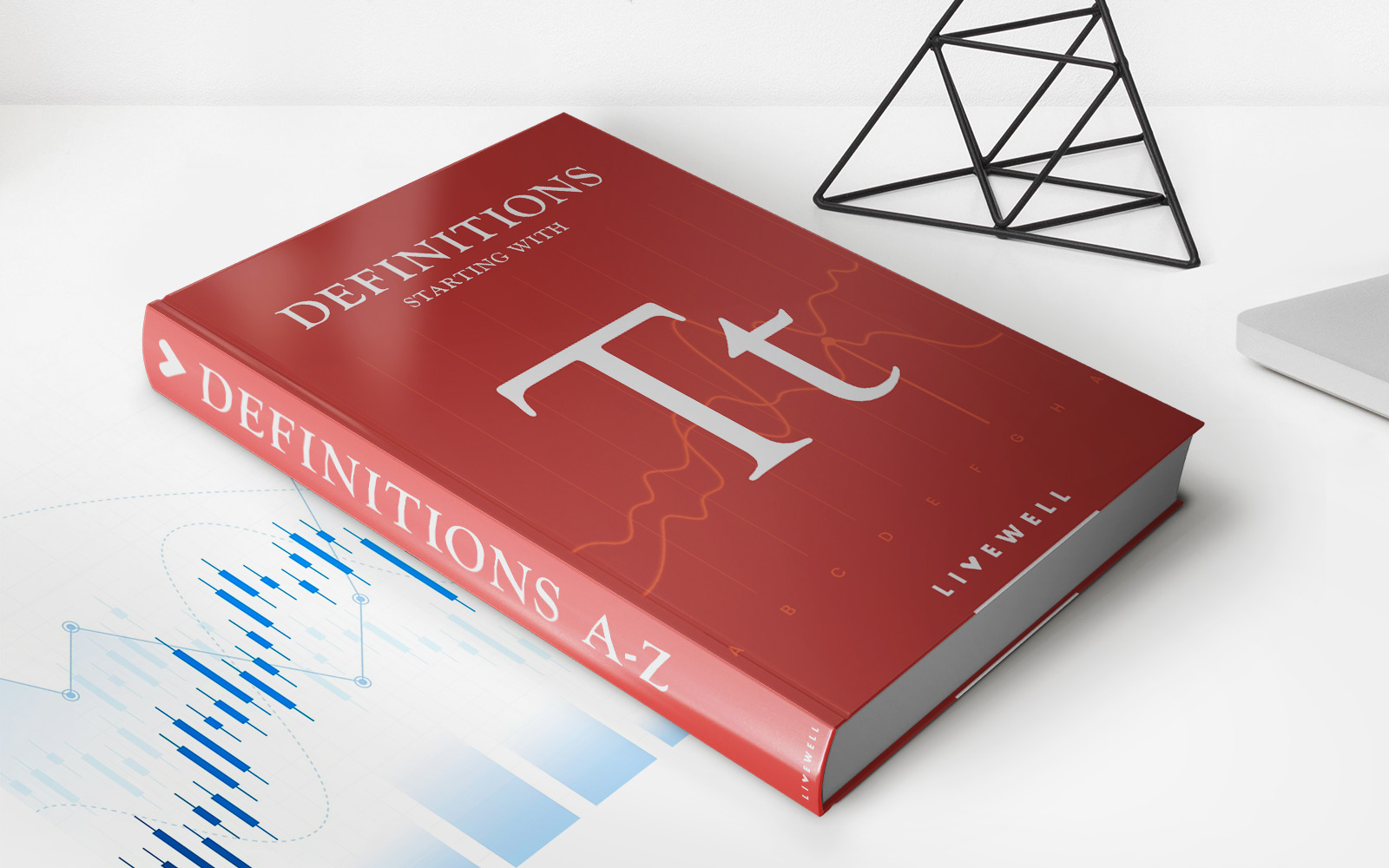

Finance
What Is Tenor? Definition, How It Works, And Example
Published: February 7, 2024
Discover the definition, functionality, and real-life examples of Tenor in the world of finance. Learn how Tenor works and its significance in various financial transactions.
(Many of the links in this article redirect to a specific reviewed product. Your purchase of these products through affiliate links helps to generate commission for LiveWell, at no extra cost. Learn more)
Understanding Tenor: A Guide to Financial Terminology
Welcome to my finance blog, where we dive deep into the world of financial terms and concepts. Today, we’ll be exploring the concept of “tenor” and how it is used in various financial contexts. Whether you’re a seasoned investor or just starting to explore the world of finance, understanding tenor is essential for making informed decisions. So, let’s jump right in!
Key Takeaways:
- Tenor refers to the length of time until a financial instrument or agreement expires or matures.
- It is commonly used in context with loans, bonds, and other financial products.
Defining Tenor:
Tenor, in the world of finance, is a term used to describe the length of time until a financial instrument or agreement expires or matures. It is most commonly associated with loans, bonds, and other financial products where a fixed term is involved. Tenor determines the repayment period or the length of time the instrument will remain outstanding.
How Tenor Works:
The tenor of a financial instrument is typically chosen by the issuer to meet specific financial objectives and accommodate the needs of the investors or borrowers. It can range from a few days to several years, depending on the type of financial product and its purpose.
Here are some examples of how tenor works in different financial contexts:
- Loans: When you take out a loan from a bank or financial institution, you and the lender agree upon a specific tenor for repayment. This could be 5 years, 10 years, or even longer. The tenor determines the duration of regular payments and helps borrowers plan their finances accordingly.
- Bonds: Bonds are debt instruments issued by governments, municipalities, or corporations to raise capital. They have a fixed tenor, which is the length of time until they mature and the issuer repays the principal amount to the bondholders. Bond tenor can vary widely, from a few months to several decades.
- Derivatives: In the derivatives market, tenor plays a crucial role in determining the contract’s lifespan. For example, in futures contracts, the tenor specifies the expiration date when settlement or delivery of the underlying asset takes place.
Example:
Let’s illustrate the concept of tenor with an example. Suppose you want to invest in a corporate bond with a tenor of 10 years. This means that you will receive periodic interest payments from the bond issuer for 10 years, and at the end of the tenor, you will receive the face value of the bond. The tenor allows you to assess the duration of your investment and make an informed decision based on your financial goals and risk tolerance.
Conclusion:
Tenor is a crucial concept in finance that helps investors, borrowers, and financial institutions understand the duration and maturity of various financial instruments. Whether you’re managing a loan, investing in bonds, or trading derivatives, understanding tenor is essential for making sound financial decisions. So the next time you come across this term, you’ll have a clear understanding of its meaning and significance.
Do you have any questions about tenor or any other financial terms? Feel free to leave a comment below, and I’ll be happy to assist you!
